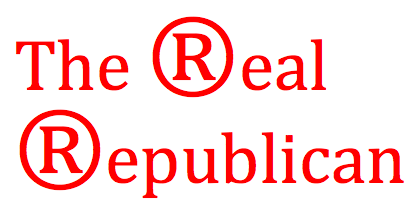By Tommy Sandoval
If I argued like Arturo Corso does, I would borrow his “marching orders” slur; he has used it several times, most recently when he suggested that another writer of a letter to the editor should “think about the ‘marching orders’ he signs off on before sending them in for print.”
But I will not assail his integrity that way. Instead, I will assume that when Corso writes about public issues on this page, he is expressing what he himself believes based on his political principles.
Most people actively involved in politics are that way, whatever their party: They speak out on issues of the day by the lights of their basic beliefs.
Sometimes it is good to revisit our principles. The Hall County Republican Party did that a few years ago after people kept asking for more information about what Republicans stand for. After much discussion we adopted a set of written principles.
As part of this, we stated our view of the proper place of religion in public life. We did this because religious people who spoke out on public issues were often accused of trying to force their religion on others, when this wasn’t the case at all. Worse, many of those hostile to religion, especially to Christianity, were suggesting that religious voices should not be heard in the public debate.
That idea goes against the grain of American history. So, among our principles, we included this one: “Religious voices belong in the public square. These voices inform our understanding of the great issues of the day, are an effective teacher of morals and ethics, and remind us of our responsibilities to one another.” Corso found this principle highly offensive.
Please note that the principle says “religious” voices. Such voices obviously include Democrats, socialists, libertarians, vegetarians, Rotarians, etc. So it isn’t “exclusive.” And it doesn’t suggest that “only” religious voices should be heard in the debate.
This brings me to the First Amendment. We are well aware that the amendment is not the whole story of the Constitution’s take on freedom of religion, or of the freedom of speech or of the press. But we also know that many people, adults and young people alike, believe that the First Amendment is anti-religious on its face. This ignorance of the Amendment’s wording produces statements like this which appeared in a letter on these pages: “The First Amendment shows that the founders knew what a force for evil religion can become when it is given the power to govern.”
The spread of such nonsense is why we suggest that people might want to read the First Amendment. We think it is a good starting point for learning more about the First Amendment generally and the expansion of the Establishment Clause more specifically.
Tommy Sandoval, Gainesville
Tommy Sandoval is the Parliamentarian of the Hall County Republican Party
Originally published in the Gainesville Times Wednesday, October 3, 2007
- Excited
- Fascinated
- Amused
- Bored
- Sad
- Angry
